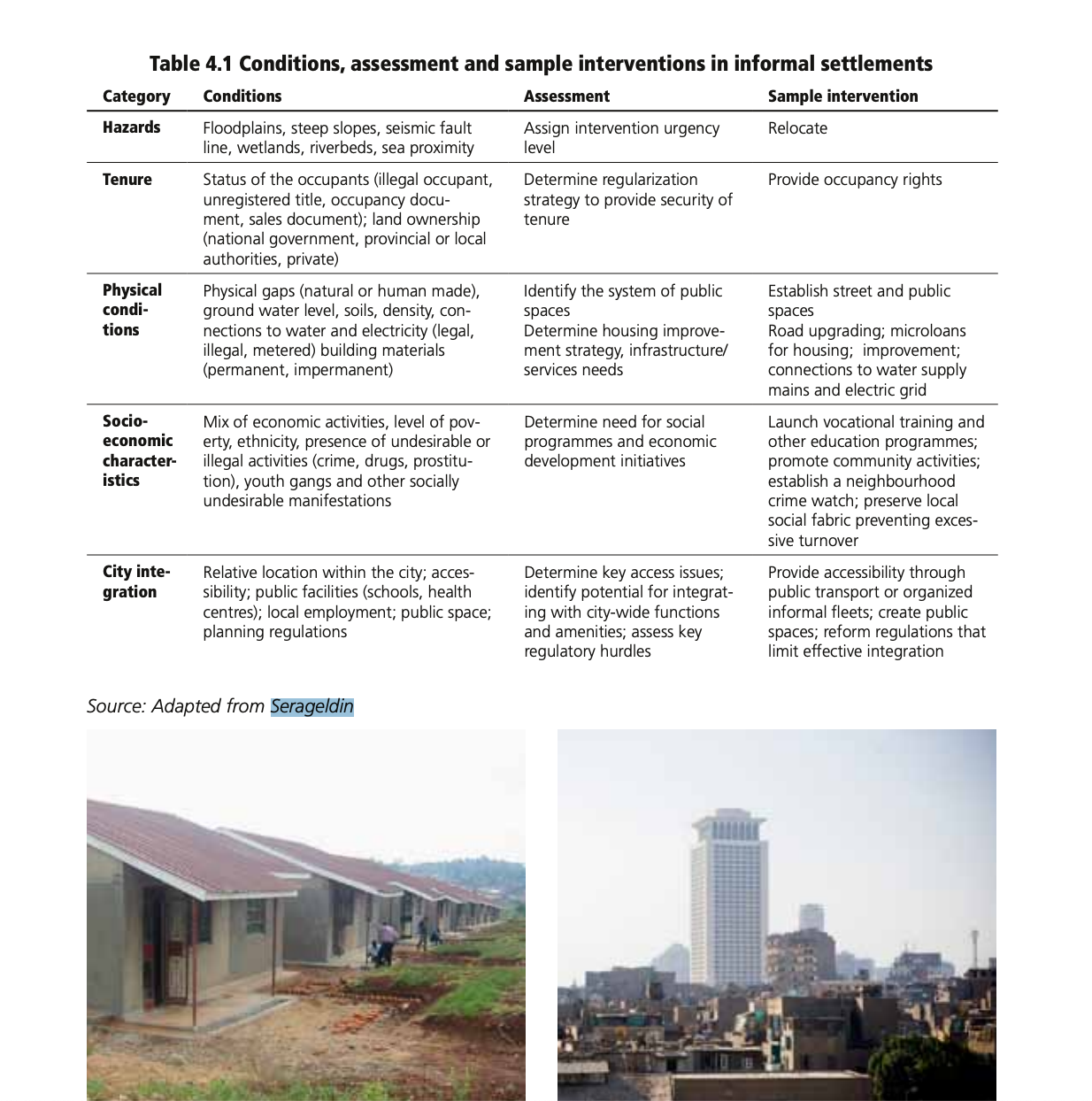Abstract
In 2012, I2UD assisted the municipalities of Cartagena, Colombia and Condega, Nicaragua to develop a “Climate Change Adaptation and Resiliency” urban planning framework. The projects provided context for research on physical and social climate change vulnerabilities in informal settlements in vulnerable areas of Colombia and Nicaragua.
In partnership with the Lincoln Institute of Land Policy, the I2UD study team addressed changes in land policies to foster adaptation measures and facilitate their implementation, assess social vulnerabilities and make institutional considerations. Lack of enforcement for housing or service regulations, poor quality construction, and environmental degradation increase vulnerabilities to climate change in both regions. Although the two municipalities had undertaken risk assessments, neither had specifically addressed the special vulnerabilities in informal settlement areas to floods and landslides resulting from climate change.
Documents include the final report from January 2014, followed by earlier concept papers, research presentations, report elements on Cartagena and Condega, and a curriculum outline. A final report is available in Spanish.
Excerpt
[Excerpt: Final Report, “Increasing the Resilience of Informal Settlements to Climate Change in Two Latin American Cities: Condega and Cartagena.” I2UD, January 2014.]
ABSTRACT
“The conceptual framework for the research is based on the documentation of climate change effects and adaptation approaches by the International Panel on Climate Change but it focuses on risks in informal and lower-income settlements. It adapts basic guidelines that apply fundamental principles found in current climate and urban planning literature to these settlements. Despite IPCC warnings, many cities in the developing world are taking a reactive approach to climate change, only addressing impacts when they become emergencies. A strategic approach fostering adaptation is needed to address the multiple dimensions of risk faced by urban settlements, particularly lower-income communities, and build their resilience. Underlying causes of vulnerability include the lack of developable, serviced urban land, unplanned urbanization and limited public resources, all of which arise from ineffective management of land as a valuable asset, a creator of development potential and a generator of public revenues.”
“Two case studies document and evaluate the strategies adopted by the cities of Condega, Nicaragua and Cartagena, Colombia to reduce climate change related risks in informal and lower-income settlements, and assess remaining sources of risk. The proposed land-based policies, instruments, and projects – some conventional and some more innovative – are intended to better prepare the communities through both remedial and preventive adaptation measures.”


